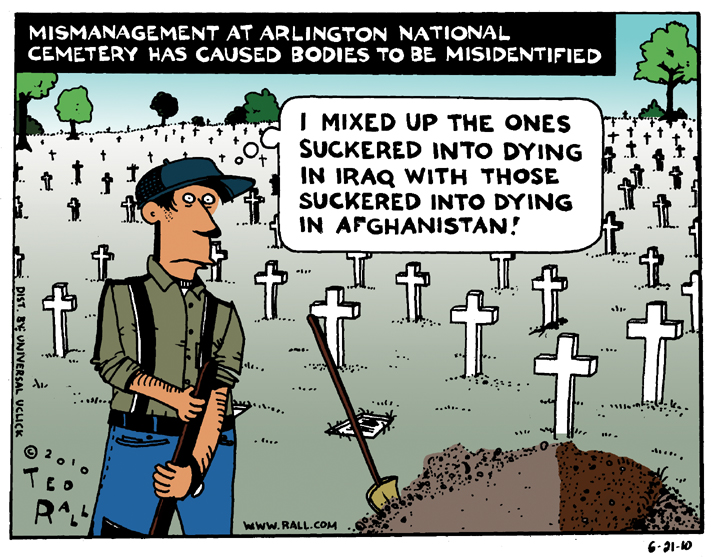Mikhail Gorbachev, the last leader of the Soviet Union who died this week, was a member of that tribe of politicians who can diagnose a problem but doesn’t know how to treat it. As he grew up, he couldn’t understand why a nation blessed with extraordinary natural resources and an enviable geographically strategic position had so much trouble delivering economic prosperity to its people. “Mr. Gorbachev has said he finally realized, as regional party boss, that something much more serious was wrong with the Soviet system than just inefficiency, theft and poor planning. The deeper flaw was that no one could break out with new ideas,” The Washington Post wrote in his obituary.
It is, however, possible to be too open to new ideas. Arms reduction negotiations with the United States led to increasingly close ties between the Soviet leadership under Gorbachev and the Reagan and first Bush administrations. He took meetings with advisers and officials of the World Bank and IMF, capitalist institutions for which the socialist utopian vision represented by the existence of the USSR presented an existential threat, and listened to their countless entreaties to reform the socialist economy, privatize state enterprises and replace the social safety net with brutal austerity. Do these things, he was told, and we will help you.
Of the many mistakes he made, Gorbachev’s biggest was to trust his biggest enemy, the United States.
Socialism didn’t kill the Soviet Union; capitalism did. Privatization of small businesses and other of Gorby’s perestroika reforms tanked the Soviet economy toward the end of the 1980s. By late 1990 suppressed inflation, global recession and supply problems had sent the country into a tailspin. A desperate Gorbachev reached out to the Bush administration for assistance.
At first, Bush almost behaved like a human being, promising the USSR up to $1 billion in loan guarantees to buy American agricultural products. “Instability in the Soviet Union is very definitely not, in my view, in the interests of the United States,” said Secretary of State James A. Baker III. “I want perestroika to succeed,” Bush said. “The Soviet Union is facing tough times, difficult times, but I believe that this is a good reason to act now in order to help the Soviet Union stay the course of democratization and to undertake market reforms.”
Six months later, however, the tiny credits had expired and Bush refused to renew them. Bush also cooled to the suggestion that the U.S. should help bring the USSR in for a soft capitalist landing. “My only reservations are, will it help? Will it encourage reform?” Bush commented to Soviet requests for direct cash grants. “I think President Gorbachev knows we have understandable concerns about his creditworthiness and I hope he understands that I, and the other allied leaders, want to move forward.” Gorbachev was offered pennies on the dollar of the Marshall Plan-scale aid he needed to keep his country afloat.
As the Soviet Union dissolved, the United States dithered. “A shortage of foreign capital is not what plunged your economy into crisis, nor can your economic ills be cured by a simple infusion of cash,” Bush lectured Gorbachev in August 1991. Neither statement, of course, was true. Gorbachev glumly noted the “increasingly obvious discrepancy” between America’s supportive rhetoric and “and the nature of our economic relations.”
“Until Gorbachev’s resignation in December 1991, no American grants or loans would help the Soviet leaders in their struggle to turn 70 years of communist totalitarian rule into a Western-styled socialist democracy,” Diana Villiers Negroponte wrote in Wilson Quarterly.
Disintegration of the former Soviet Union and the decision of the Western policymakers to sit on the sidelines chewing popcorn rather than offering a helping hand led to dire economic and social consequences in the 15 former Soviet republics, including Russia. Life expectancy plunged, with up to five million excess adult deaths in Russia during the 1990s. Birth rates collapsed. There was out-of-control crime and human trafficking. Boris Yeltsin, Gorbachev’s U.S.-backed replacement as president of Russia, was a fall-down-drunk alcoholic who once wandered out of the White House in his underwear to Pennsylvania Avenue where he tried to hail a taxi to get some pizza.
Russia, a superpower that defeated Nazi Germany and terrified the United States with nightmare scenarios of communist dominoes falling all around the world, was looted, impoverished and humiliated. At bare minimum, the U.S. let it happen. At worst, they held the knife that plunged into Russia’s back—a scenario that seems more likely considering the zillions of times Republicans have given Reagan and Bush credit for defeating the Soviet Union in the Cold War.
It is not hard to see why the Russian people wanted something different and better, or why they blamed Gorbachev for trusting the Americans. In 1996, when Gorbachev ran for president of Russia, he received less than 1% of the vote.
He’d been played for a fool by his American friends.
(Ted Rall (Twitter: @tedrall), the political cartoonist, columnist and graphic novelist, co-hosts the left-vs-right DMZ America podcast with fellow cartoonist Scott Stantis. You can support Ted’s hard-hitting political cartoons and columns and see his work first by sponsoring his work on Patreon.)

